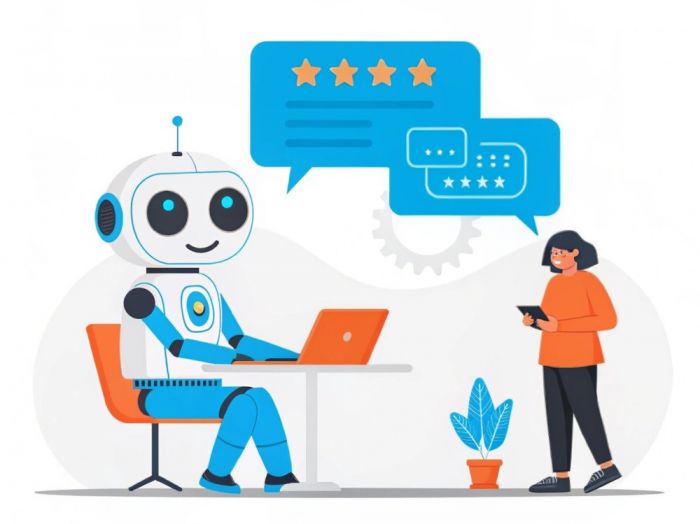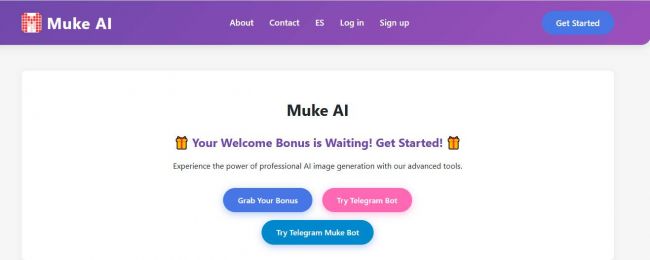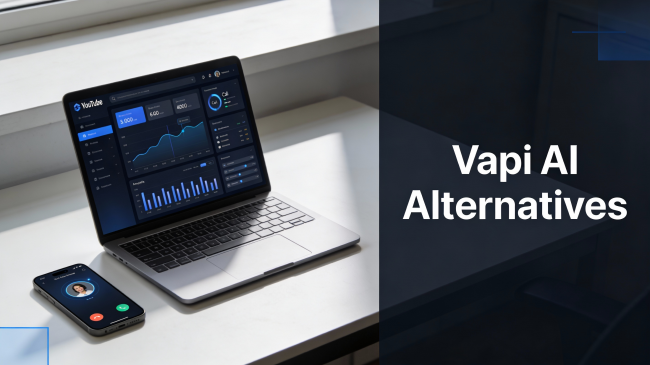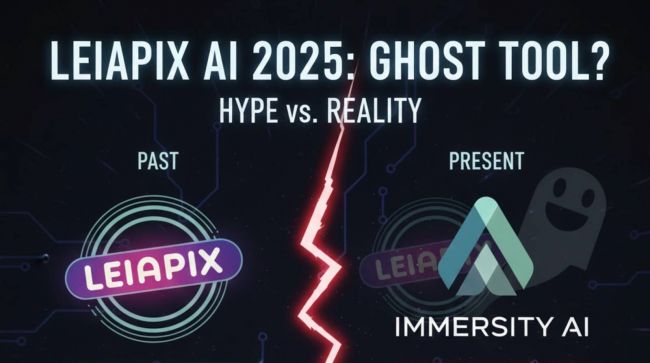On This Page
- From reactive to proactive support
- Personalized customer experiences
- Intelligent automation for efficiency
- Omnichannel consistency
- Voice and conversational AI
- AI-powered knowledge management
- Analytics that drive better decisions
- Building trust through human-AI collaboration
- Overcoming challenges
- Looking ahead
For years, chatbots were hailed as the future of customer support. They promised round-the-clock service, instant responses, and reduced staffing costs. Yet, in many cases, businesses and their customers found themselves frustrated by limited functionality, robotic interactions, and the inability to resolve complex issues.
Today, a new chapter in B2B customer support is unfolding. Artificial intelligence is moving far beyond simple scripted bots, reshaping the entire support journey with smarter automation, predictive analytics, and hyper-personalized experiences. For B2B organizations, where customer needs are more complex and stakes are higher than in consumer markets, this evolution is not just a competitive advantage—it’s quickly becoming a necessity.
Recent research on how AI is transforming interactions in customer service highlights that predictive intelligence is fast becoming the new standard for B2B engagement.
From reactive to proactive support
Traditional support is largely reactive: a customer experiences an issue, contacts support, and waits for resolution. AI changes that dynamic. Through machine learning and predictive analytics, businesses can now anticipate problems before they occur.

For example, software providers are using AI to monitor customer usage patterns. If the system detects irregular behavior—say, a sudden drop in logins—it can proactively alert both the customer and support teams. This allows businesses to resolve potential issues before they escalate, reducing churn and improving satisfaction.
Proactive support is particularly valuable in B2B contexts, where downtime or inefficiencies can have significant financial and operational impacts.
Personalized customer experiences
In B2B markets, relationships depend on a deep understanding rather than high volume. AI enables that personalization at scale.
By analyzing account histories, order data, and prior support tickets, AI systems can recommend context-specific solutions. Imagine a client submitting a request and instantly receiving documentation tailored to their specific product setup or industry compliance needs.
This mirrors how companion-style AI platforms, such as Soulkyn AI, designed for emotional intelligence and contextual memory, deliver uniquely adaptive experiences that feel human rather than mechanical. The same underlying principle applies to customer support personalization: empathy powered by data.
Intelligent automation for efficiency
Automation has long been a goal in customer support, but AI brings new levels of intelligence. Instead of handling only basic FAQs, modern AI systems can manage multi-step processes, integrate with CRMs, and escalate issues when necessary.
Consider an enterprise resource planning (ERP) software company. When a customer reports an integration error, AI can guide them through troubleshooting steps, pull relevant system logs, and even generate a preliminary report for human agents. By the time the case reaches a support specialist, the groundwork has already been laid—saving time for both parties.
For startups and scaling businesses, this efficiency means they can offer world-class support without ballooning their headcount.
This synergy lets scaling businesses offer enterprise-grade support without inflating headcount—a trend visible across industries in recent AI adoption data from Statista.
Omnichannel consistency
B2B customers expect support to be seamless, whether they’re reaching out via email, phone, chat, or social channels. Inconsistent experiences across these touchpoints can erode confidence in a brand.
AI helps unify these interactions. Natural language processing (NLP) allows businesses to understand customer intent regardless of channel, while centralized AI systems ensure that context carries over. A customer who begins with a chatbot can switch to a live agent or a phone call without having to repeat themselves—a frustration that has historically plagued customer support.
Voice and conversational AI
One of the most exciting frontiers is voice-enabled AI. Beyond text-based chatbots, voice assistants are becoming integral to B2B support strategies. With advancements in natural language understanding, AI can now handle complex voice interactions, schedule meetings, or walk customers through troubleshooting in real time.
Some companies are even exploring voice to voice AI, which translates calls between languages or enhances clarity for non-native speakers. This has the potential to revolutionize international B2B support by eliminating language barriers and making global service delivery more accessible.
AI-powered knowledge management
Support teams often waste hours searching for buried information. AI-based knowledge systems solve that problem by indexing and surfacing answers instantly.
When a customer asks a question, the system can pull relevant documents, past resolutions, or tutorial snippets in seconds. Over time, it learns which materials best resolve certain cases, creating a self-optimizing cycle of knowledge sharing.
Cloud-based utilities such as PDF Candy showcase similar automation on the document-processing side, demonstrating how smart indexing and privacy-first design make everyday workflows more efficient and secure.
Analytics that drive better decisions
AI doesn’t just improve day-to-day support; it also empowers leadership with insights to refine strategy. By analyzing large volumes of interaction data, AI tools can identify recurring pain points, gaps in documentation, or features that generate the most support tickets.
For B2B companies, these insights go beyond support—they feed directly into product development, customer success initiatives, and account management. In essence, AI turns support from a cost center into a value generator.
Building trust through human-AI collaboration
It’s important to note that AI isn’t replacing human agents in B2B support—it’s augmenting them. Complex negotiations, high-stakes problem-solving, and relationship management still require a human touch.
The most effective strategies blend AI efficiency with human empathy. AI handles the repetitive, high-volume tasks, while humans focus on areas that require creativity, judgment, and emotional intelligence. This balance builds trust, which is critical in B2B relationships.
Overcoming challenges
Despite its promise, AI adoption in B2B support comes with challenges. Data privacy is a top concern, particularly for industries handling sensitive financial or healthcare information. Organizations must ensure compliance with regulations like GDPR and HIPAA.
Another hurdle is integration. AI systems work best when connected seamlessly to CRMs, ticketing systems, and analytics platforms. Poor integration can lead to fragmented experiences rather than streamlined ones.
Finally, businesses must invest in training—not just for their AI systems but also for employees. Teams need to understand how to leverage AI outputs effectively and when to step in with human expertise.
Looking ahead
The future of B2B customer support is intelligent, proactive, and deeply personalized. AI is no longer limited to answering FAQs through clunky chatbots; it is transforming every stage of the customer journey.
As more businesses embrace AI-driven support, the differentiator will not simply be whether a company uses AI, but how they use it. Those who implement AI strategically—balancing automation with empathy, and innovation with trust—will redefine what exceptional customer support looks like in the B2B space.
Post Comment
Be the first to post comment!





